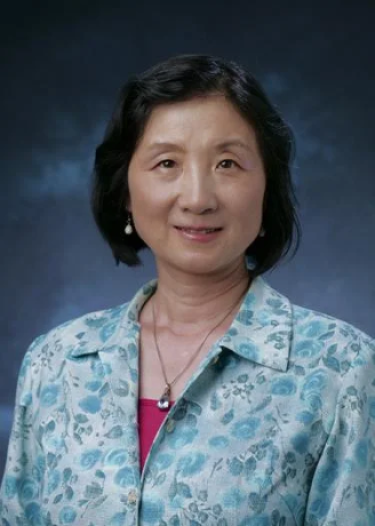IPHY 4300: Pathophysiology of Disease
This course uses case studies to explore various disease states of the organ systems within the body and the underlying mechanisms that contribute to the manifestations of these diseases. Additionally, students will examine the importance of epidemiology in the understanding of disease as well as discuss infectious disease, and the role of genetics in congenital defects and cancer.
Learning Objectives
- Distinguish signs and symptoms, acute and chronic illness, local and systemic clinical manifestations;
- Identify the risk factors for common human diseases and determine whether they are modifiable;
- Identify concepts, principles and responses related to pathophysiologic processes that result in development of disease;
- Predict the etiology and pathogenesis given clinical manifestations of a disease;
- Discuss how each type of disease of focus is diagnosed, the clinical manifestations, prognosis and treatment;
- Solve case study problems using patient history, clinical manifestations, physical examinations, lab results and common diagnostic images.
In this course, you will
Demonstrate your understanding of the principles and the underlying mechanisms of selective diseases through real life case studies (these assignments replace the traditional exams);
Contribute to discussions on interesting topics and make comments on your peers’ discussion posts;
Ask any questions regarding pathophysiology, your career path and even career changes during office hours.

Jia Shi
My background is in medicine and the field of Immunology. I completed a MD in China before moving to Boston and subsequently completed a MA (Brandeis University) and a PhD (Boston University) in the field of Immunology. After graduation, I received post-doctoral training in Immunology at the University of California in San Francisco (UCSF). In 2006, I moved to Boulder and worked with CU’s Science Education Initiative on how to improve teaching science to undergraduate students. I joined the faculty of the Department of Integrative Physiology in 2014, where I have coordinated Physiology Lab, taught Pathophysiology, Immunology, Endocrinology and Physiology Labs. I also manage the departmental internship program. Outside of work, I like hiking and playing piano.

